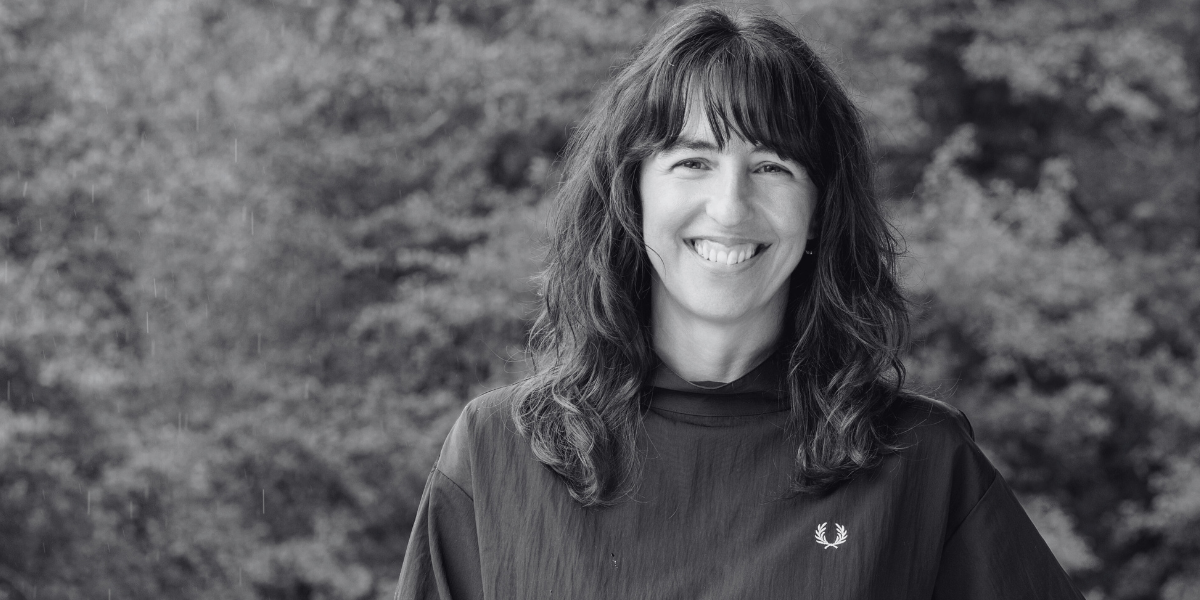This work aims to support the Basque Government in designing the new Strategy from a comprehensive, diverse, accessible, personalised and participatory approach.
Elena del Barrio

Degree in Sociology (UCM, 1998-2002) and Master in Social Gerontology (UAM, 2003-2004). Postgraduate fellow at UAM (2004-2005). Predoctoral fellow at the CSIC (2005-2008). In 2008 she worked as Technician in the “Elderly Portal” (IMSERSO-CSIC). From June 2008, she has been working at Matia Institute Foundation developing projects related to active aging, living conditions, use of time of the elderly and working on the Age-Friendly Cities and Communities projects. She was the principal investigator of the Donostia-San Sebastián Age-Friendly City’s diagnosis (2009) and of the Living conditions of the elderly in Euskadi’s study (2010 and 2014), She coordinates the Euskadi Lagunkoia project since 2012. From 2013 to June 2016 she has been Member of Social and Behavioral Sciences at the Spanish Society of Geriatrics and Gerontology (SEGG), and has been the coordinator of the Image and Ageing Working Group from 2012 to 2020.
Projects
Like many other cities, the urban centre of Fuenlabrada faces a number of challenges, including the deterioration of the housing stock, the closure of local businesses and an ageing rate above the city average.
The concept of "Ageing in place", which has influenced ageing policies since the 1990s, nowadays goes hand in hand with the notion of age-friendliness. To promote ageing at home, spaces must be designed in a friendly way, taking into account the needs of ageing people.
#100Fluencers is a pioneering initiative promoted by MatiaZaleak whose main objective is to raise awareness and transform the way ageing and older people are represented in digital media.
Population ageing is a great social achievement that poses challenges to ensure the welfare of this population in conditions of equality and sustainability, even more so after the COVID-19 crisis that has had such an impact on the elderly.
This longitudinal study will monitor the Basque population aged 70 and over residing in the community. It will examine the same people over an extended period of time to analyse the ageing process, assess changes, and understand the differences between the different groups.
An initiative of the Adinberri Foundation and the Provincial Council of Gipuzkoa, SIA is an open platform for the exchange of information and knowledge on ageing in Gipuzkoa, in the Basque Country and in the societies around us, in its biological, psychological, social, socio-health, physical and
The carrying out of a specific survey on the living conditions of people aged 55 and over in the Basque Country allows the Basque Government to continue with successive previous studies on the reality of older people in this Autonomous Community.
Intergenerational community development project funded by the Provincial Council of Gipuzkoa and implemented by Matia Institute and Adinkide, which seeks to work on the inclusion of people at risk of social exclusion involving different community agents in both the search for solutions and their
Matia Fundazioa accompanies Getafe City Council in the construction of its First Friendliness Plan within the strategy of an Age-Friendly City.
Matia Instituto collaborates with Fundación Caja Navarra to facilitate the change towards a more participative model of Senior Citizen Centres.
Developed societies are facing a new structuring of models of coexistence that generate a growing number of people living alone along their life paths.
Quantitative studies on the ageing population of the Basque Country have their origin in the 1993 Senior Survey, conducted under the 1994 Gerontological Plan by the Basque Government.
From the Department of Employment and Social Policy of the Basque Government, aware of the important transformation that the society is experiencing as a result of the ageing process, with the collaboration of the Matia Institute technical team, the Strategy for Active Ageing has been developed f
Caring for people is an issue that, despite being of great importance, is currently not given as much visibility as we would like.
Euskadi Lagunkoia is an initiative promoted by the Department of Employment and Social Policies of the Basque Government and implemented by the Fundación Matia, which aims to encourage participation by the elderly, and citizens in general, in order to improve neighbourhoods and environments in th
This project is a contribution to the development and refinement of the model of care for elderly people currently being developed by different institutions and agents in Spain, the so-called integrated model based on the person1.
Throughout this project, aspects were collected that, above all, are considered novel and sometimes complex and that, therefore must be analysed from different perspectives and disciplinary and institutional cultures, and should be tested on an experimental basis, to search for the best ways to a
Investigación colaborativa
Propuesta de análisis tentativo de la influencia de la edad en relación con determinadas suposiciones o consecuencias asociadas con la crisis del coronavirus.
Publications
Participation in forums
Blog posts
The new Friendship Plan for Madril Hirirako 2025-2027 has been approved. The process began a year ago with various activities and meetings, and work was carried out in collaboration with the Technical Advisory Committee (EKT).
A few weeks ago, in this same blog, we reflected on a complex and nuanced phenomenon such as "loneliness", raising some questions that led us to carry out a study on this subject.
Loneliness is one of the great current issues, both from an academic and a social point of view.
Last week two of the Matia Institute's researchers, Elena del Barrio a
Webinars
Social exclusion is receiving increasing attention in the field of gerontology. This interest comes from a combination of the patterns of demographic aging, current social and economic instability, and the susceptibility of these age cohorts to growing inequalities.
Main reflections and findings of the study "Bakardadeak".
